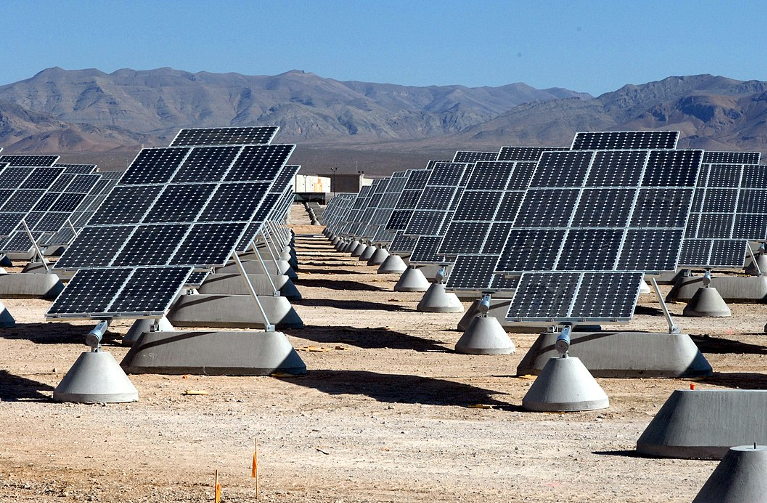Dr. David Murphy is an Associate Professor of Environmental Studies at St. Lawrence University. His scholarship examines the intersection of energy, the environment and economics with a focus on energy transition – broadly defined. His past work has included energy and environmental policy work for various agencies within the federal government, as well as net energy analysis work within academia. Much of Dr. Murphy’s recent research is focused on the energy transition, with a forthcoming textbook called “Renewable Energy in the 21st Century.” Dr. Murphy was previously a faculty member at Northern Illinois University and a research associate with Argonne National Laboratory.
EROI of RE
Do renewable energy sources generate enough energy ‘profit’ to make them worth continued investment? And is any energy profit large enough to run our modern world, as renewables displace fossil fuels?
November 10, 2022
Principles of Energy Transition
Dr. David Murphy, a professor of environmental studies at St. Lawrence University, returns to the show to interview Chris about energy transition in this live event
November 6, 2018
The Landscape of Energy
The next decades will witness a global battle between geologic depletion and technological advancement, as modern society demands ever-increasing quantities of energy from an aging fossil fuel supply and a nascent renewable energy sector.
April 23, 2013
The Energy Return on Investment threshold
Hall and Day (2009) report that the Energy Return on Energy Invest (EROI) for coal might be as high as 80 and that for hydropower, EROI is 40. Does this mean that coal is twice as ‘good’ as hydro? The answer is no, and in this post I will discuss how this relates to the idea of an EROI Threshold
November 26, 2011
Lucky economists, unlucky scientists?
For decades, economists (Cornucopians or optimists) have been at odds with natural scientists (Malthusians or pessimists) when it comes to the scarcity of natural resources.
January 14, 2011
Does peak oil even matter?
It is easy to become befuddled by the current discourse on peak oil. Peak oil is defined generally as the point at which the flow rate of oil to society has reached a maximum. But this simple definition has issues too, such as what should be considered “oil.” Take, for example, the following sentences from the executive summary of the International Energy Agency’s recent publication of the World Energy Outlook (WEO) 2010[1]…According to this data, a peak in the production of conventional crude oil occurred in 2006, but a peak in total “oil” production (including unconventional resources such as tar sands, natural gas liquids, etc.) may not occur for some time. So, should we consider this a confirmation of peak oil or not?
December 17, 2010




